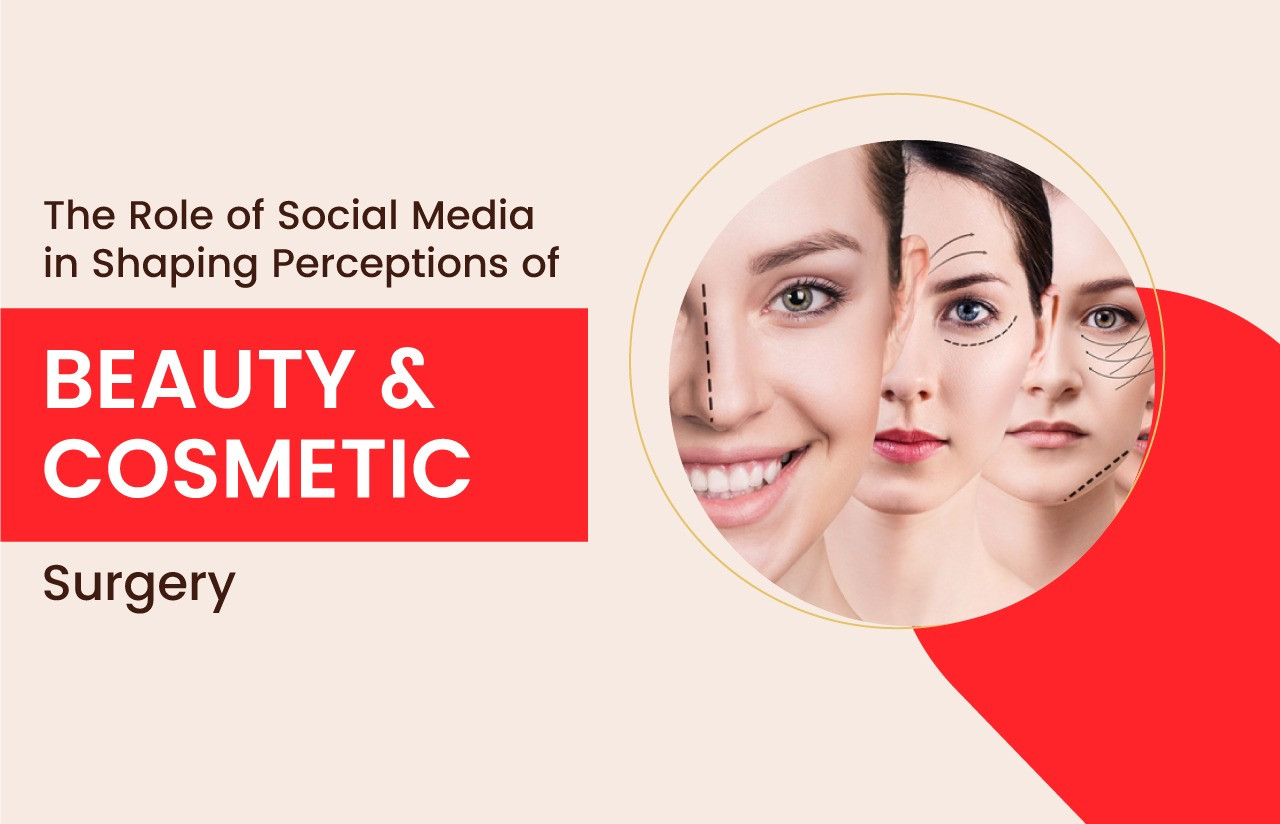Blog Details
Home > Blog> Blog Details

Successful Surgeries
Doctors
Happy Patients
If you got any questions, please do not hesitate to send us a message. We reply within 24 hours.
The Role of Social Media in Shaping Perceptions of Beauty and Cosmetic Surgery
In today's digital age, social media plays a significant role in shaping our perceptions of beauty and influencing our decisions regarding cosmetic surgery. With platforms like Instagram, Facebook, and TikTok showcasing flawless faces and sculpted bodies, it's easy to fall into the trap of comparing ourselves to curated images of perfection. In this blog, we'll explore the impact of social media on beauty standards and the growing influence it has on individuals considering cosmetic procedures.
Social media platforms have become virtual galleries of idealized beauty, where filters, photo editing tools, and carefully curated feeds present an unattainable standard of perfection. Influencers and celebrities often promote cosmetic procedures as a means to achieve these standards, further perpetuating unrealistic beauty ideals. As a result, many individuals feel pressure to conform to these standards, leading them to consider cosmetic surgery as a solution to their perceived flaws.
However, it's essential to recognize the potential dangers of relying on social media for beauty inspiration. The images and narratives presented on these platforms often lack authenticity, with many influencers and celebrities promoting sponsored content or edited images that do not accurately represent reality. This can create unrealistic expectations and lead individuals to undergo unnecessary or excessive cosmetic procedures in pursuit of an unattainable ideal.
Furthermore, social media can also contribute to the spread of misinformation about cosmetic surgery, leading to misconceptions and misunderstandings about the risks and benefits of these procedures. Without access to reliable information and guidance from qualified professionals, individuals may make uninformed decisions that jeopardize their health and well-being.
Despite these challenges, social media also has the potential to empower individuals by providing access to valuable resources and support networks. Many plastic surgeons and aesthetic practitioners use social media to share educational content, showcase their work, and connect with prospective patients. By following reputable accounts and engaging with informative content, individuals can gain a better understanding of cosmetic surgery and make more informed decisions about their treatment options.
In conclusion, while social media undoubtedly influences our perceptions of beauty and shapes our attitudes towards cosmetic surgery, it's essential to approach these platforms with caution and critical thinking. By recognizing the limitations of social media and seeking out reliable information from qualified professionals, individuals can navigate the complexities of cosmetic surgery more effectively and make choices that align with their goals and values.
Copyright reserved @ 2023 Raj Cosmetic & Plastic Surgery Centre